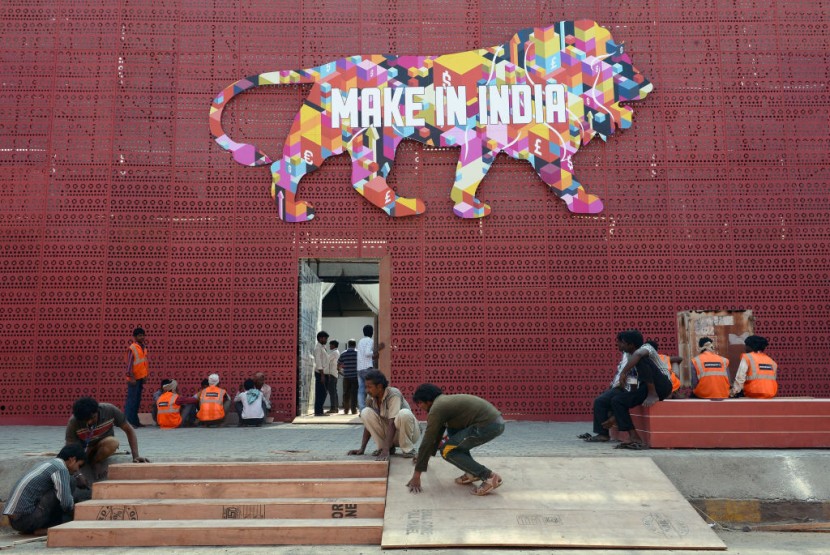
With geopolitical tensions in the Asia-Pacific increasing, specifically between Washington and Beijing, several US companies are looking to find alternative manufacturing facilities outside of China by looking at other nations, such as India. Some of the factors that influenced firms include the COVID-19 pandemic lockdowns in China, as well as the latest semiconductor ban.
Why India?
The South Asian nation has officially surpassed China this year as the most populous nation on earth with an expanding young workforce, and growing sectors in information technology, telecommunication, manufacturing, and services. According to MarketWatch, these factors were enticing, especially for some of the biggest US companies, with CEIC global data showing the country's electronics exports surged from $7 billion in 2019 to $22 billion in 2023.
"Let's be clear, companies are not looking to decouple from China," SLC Management managing director and investment and asset allocation specialist Dec Mullarkey said. "They are looking for alternatives."
Reuters also reported that other Western firms are also shifting their investments away from China to other developing markets.
Biden, Modi Agree in Tech, Defense Partnership
Not only was India's tech industry booming, but it was also because of an agreement between US President Joe Biden and Indian Prime Minister Narendra Modi, which they announced in early 2022. The initiative stipulated that the two nations would cooperate and collaborate in promoting technology and defense partnerships, as well as their businesses and academic institutions.
Mullarkey reckoned that India shared the US's democratic values and wanted to become the driver of Asian growth particularly in technology.
Read Also : Amazon Announces AI-Generated Books Crackdown
Big Firms See India as an Alternative to China
With a robust young manufacturing workforce that costs about 80% less than in China, companies such as Apple, Walmart, and Cisco were laying the groundwork for an ambitious Indian expansion.
"India is an incredibly exciting market. It is a major focus for us," Apple CEO Tim Cook said in the company's Q2 2023 earnings call last May. "The dynamism in the market, the vibrancy is unbelievable."
Apple's main toolkit supplier, Foxconn Technology Group, is planning to build two iPhone factories worth about $500 million that could create around 100,000 jobs. The commitment was on top of an already existing $700 million factory in South India.
To date, the firm has already increased its iPhone manufacturing coming out of India to 7% this year, with the plan to increase the production there to 25% by 2025.
Roadblocks to India's Manufacturing Superpower Dream
Despite these promising endeavors, India currently lags in the manufacturing sector compared to its regional neighbors. The country's manufacturing industry is only 15% of its GDP, lower than Vietnam's 25% and Bangladesh's 21%.
Mullarkey also stated it would not be easy to create an "iPhone city," similar to what Apple has in the Chinese city of Zhengzhou because the precision manufacturing that China is great at would be hard to replicate.
"There are many obstacles," he added, referring to India's previous botched opportunities to cement its status as a global manufacturing powerhouse. "But I think there is so much going on right now, and because the U.S. wants a deep relationship with India, they'll work to avoid disappointment."
Related Article : What To Know About Biden Admin's New American Climate Corps Program








